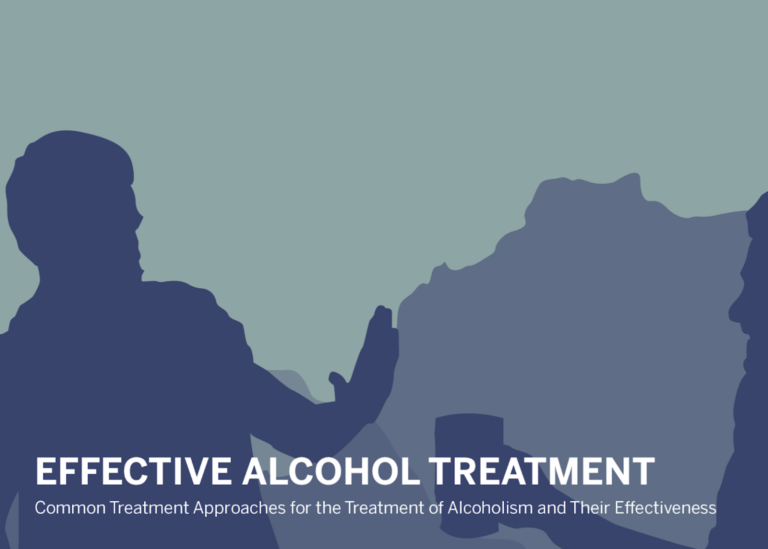My Loved One Is An Alcoholic… How Can I Help?
Alcoholism has often appeared as a trait of dysfunctional families. Having an alcoholic family member can disrupt the normal, healthy family dynamic, creating a host of problems that lead to dysfunction. The spouse or partner of an alcoholic often wonders what he or she contributes to the problem (the answer here, of course: nothing).
Alcoholism is a disease, it’s not anyone’s fault. It’s usual for the spouse of an alcoholic to fall into the role of an enabler in his or her attempts to keep harmony in the family or protect children from the influence of the alcoholic.
The truth is, many people don’t understand alcoholism, and engage in harmful behaviors due to this. If you have a loved one who is suffering from alcoholism, it’s important to be educated on what exactly is going on and how to best help your loved one receive treatment at alcohol rehab.
Understanding Alcoholism
Alcohol, drugs, and even many behaviors (like eating disorders) fall under the classification of “addictive.” Let’s cut straight through the jargon. According to the Merriam-Webster dictionary, addiction is the “compulsive need for and use of a habit-forming substance….” Does your loved one seek his/her drug of choice even when there are significant negative consequences? If so, your loved one might be struggling with alcoholism.
If your loved one can be honest with themself, have them answer these two questions. First, when you drink, can you control how much you’re drinking? Second, can you predict what will happen when you drink alcohol? (In other words, do you know that you will have only one glass of wine with dinner and then watch a movie, or once you start drinking, are all bets off?) If you cannot control your alcohol intake or predict your behavior when you drink, you likely have a problem.
A third definition is this: If you cannot enjoy AND, control your drinking, you probably have a problem. Addiction is no more complicated to understand than that. If a substance or behavior becomes more important than the relationships in your life, addiction is an issue.
Relating to Your Loved One
You don’t need a clinical definition of addiction to recognize that one of your family members or friends has a severe issue. But as you well know, interacting with someone who is addicted to alcohol is at best a challenge. Allow us to take you for a moment into the mind of an addict to help you understand their worldview.
The addict lives in the tension between denial and death. Sometimes, they believe nothing can touch them. At other times, depending on how far their addiction has progressed and how many people around them have already died of addiction, they will know that they are on death’s door. The addict may or may not tell you this. They may be living in a constant state of fear their drug either will not be available, and they’ll get sick, or on their next binge your loved one won’t be as lucky. If you can understand this tension, you will go a long way toward understanding your loved one’s mind.
That said, perhaps the only thing more frightening to an addict than dying is treatment. The addict does not know how to live without drinking. Dying is a natural progression of addiction. Treatment is a foreign idea. The addict isolates in part to protect their habit and in part to protect those they still love from watching them die. The addict in the throes of addiction does not believe recovery is possible. To help the addict you love, you must replace the addict’s isolation with support and accountability. This is what interventions aim to do; in an intervention, the family says to the addict, “We love you enough that we are going to be here for you as you recover and you will be accountable to us if you do not.”
Providing your loved one with a promise of emotional support and accountability gives them something to hold onto as they delve into the unknown. Please note, that to provide this support, you likely will need counseling and guidance as well. The entire family system must change for the addict to recover long-term.
The Life Saving Support in Alcohol Rehab
Perhaps the most important thing to remember during this process is that there is hope for your loved one to recover. They may not believe it, but you must. There is an old saying, “While there is breath, there is hope.” So long as the one you love lives, help is possible.
Those who struggle with addiction rarely get better without treatment. That’s not to say that none will. Some will recover using only a 12 step program, some will use psychological counseling. But the vast majority of people who overcome addiction for the long term, after a single stint in rehab, are those who participate in in-patient, multi-staged programs, often 30-45 days or more in duration.
You will read a great deal about “evidence-based” treatment programs in your research on addiction. What does this mean?
Evidence-based is a technical way of saying, “researched.” When a treatment center speaks of its evidence-based protocols, it is letting you know that the medical or psychological research indicates the treatments the center uses are the industry’s best practices, those proven to be most effective.
It is important to choose a treatment facility that uses evidence-based treatment activities during alcohol rehab. Doing so will give you the peace of mind your loved one is receiving the treatment scientifically shown to be successful.
Where Your Loved One Can Seek Help for Alcoholism
If your loved one has realized they finally need to seek addiction treatment, or you need some help to persuade them, give Shadow Mountain Recovery a call today. We have experienced staff that can help combat addiction to any drug, and we specialize in holistic treatment to treat the mind, body, and spirit.
If you or a loved one needs an individualized treatment plan to help with alcoholism, call Shadow Mountain Recovery today: 505-657-2117









